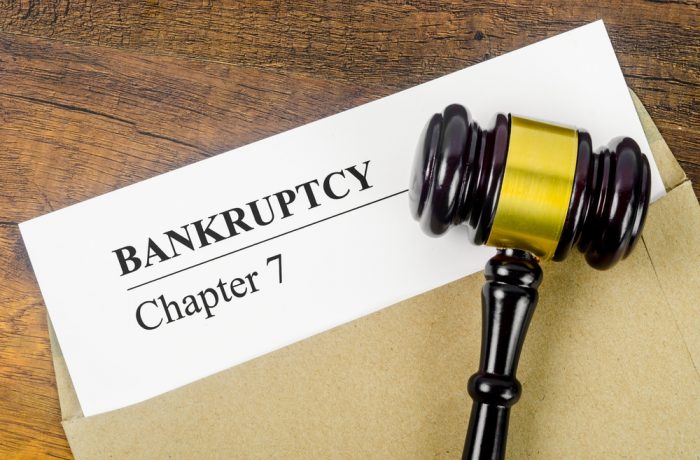Yes, creditors can garnish your income, but some specific rules and limitations apply depending on the type of debt, state laws, and financial situation. Garnishment is a legal process in which a creditor obtains a court order to collect money directly from your paycheck or bank account to repay a debt you owe.
Here’s a general overview of how garnishment works and the protections you might have:
- Types of Debt: Not all debts are treated equally regarding garnishment. For example, federal debts like taxes, student loans, and court-ordered child support and alimony can be garnished without the creditor first having to obtain a court judgment. Most other types of creditors, such as credit card companies and medical billers, must first win a court judgment against you before they can garnish your wages.
- Exempt Income: Certain types of income are generally exempt from garnishment. For instance, Social Security benefits, disability benefits, and veterans’ benefits are protected under federal law. However, these funds might be subject to garnishment for child support, alimony, federal taxes, and other government-related debts.
- State Laws: Each state has laws that may offer more expansive protections against garnishment than federal law. For instance, some states offer lower garnishment limits or additional types of income protected from garnishment.
- Bankruptcy: Filing for bankruptcy can stop most garnishments immediately. This is due to the automatic stay that goes into effect upon filing, which prohibits most creditors from continuing with collection actions during the bankruptcy process. Bankruptcy can potentially lead to the discharge of certain debts, which means you may not have to pay them at all.
- Garnishment Limits: Federal law limits the amount that can be taken from your paycheck for most debts. Typically, the lesser of 25% of your disposable earnings or the amount by which your weekly income exceeds 30 times the federal minimum wage can be garnished. However, up to 50% or 60% of disposable earnings might be taken for child support or alimony, especially if you are supporting another spouse or child.
Understanding these aspects is crucial if you face potential garnishment, as they can significantly affect your financial planning and how you might respond to such a legal process.
When considering the topic of income garnishment by creditors, it is crucial to understand the legal framework, particularly in New York State, and how bankruptcy can impact this process. Garnishment is a legal mechanism that allows creditors to collect debts by seizing a portion of a debtor’s income directly from their paycheck or bank account. However, not all income is eligible for garnishment, and certain types of debts are treated differently under the law.
In New York, as in many other states, creditors are typically unable to garnish certain types of income, such as Social Security, unemployment, and disability benefits. These protections ensure that individuals retain sufficient funds to cover basic living expenses. Debtors need to understand that these protections extend to funds directly deposited into bank accounts, safeguarding them from being automatically accessible to creditors.
However, the types of debt play a crucial role in determining how much income can be garnished. For instance, unpaid taxes, child support, and student loans are generally subject to garnishment without the necessity of a judgment, allowing government agencies and certain creditors more direct access to a debtor’s income.
When facing significant debt challenges, bankruptcy offers a potential remedy for individuals in New York. Filing for bankruptcy can halt most garnishments immediately due to the automatic stay in place once bankruptcy proceedings begin. This stay acts as a legal barrier, preventing creditors from initiating or continuing with garnishment actions during the bankruptcy process.
Moreover, under Chapter 7 bankruptcy, many unsecured debts can be discharged, potentially freeing the debtor from the obligation to repay certain debts and stopping garnishment related to those debts permanently. For debts that are not discharged, such as certain tax debts or student loans, garnishment might resume after the bankruptcy case is concluded if these debts remain unpaid.
On the other hand, Chapter 13 bankruptcy allows debtors to reorganize their debts and propose a repayment plan based on their ability to pay. This process can also include provisions for paying back debts that might otherwise lead to garnishment, such as tax arrears or child support, thereby providing a structured way to manage and eventually eliminate these debts over three to five years.
In summary, while creditors can legally garnish income for certain types of debts, the laws in New York provide significant protections for various sources of income and offer mechanisms like bankruptcy that can prevent or limit garnishment. Understanding these legal provisions and seeking appropriate legal counsel can help debtors navigate their rights and options effectively.
Legal Guidance
Bankruptcy is not the end, it’s a new beginning. Give yourself the opportunity of a fresh start. Contact the Bankruptcy Law Firm of Figeroux & Associates today. Call 855-768-8845 or visit www.askthelawyer.us to schedule a consultation.





